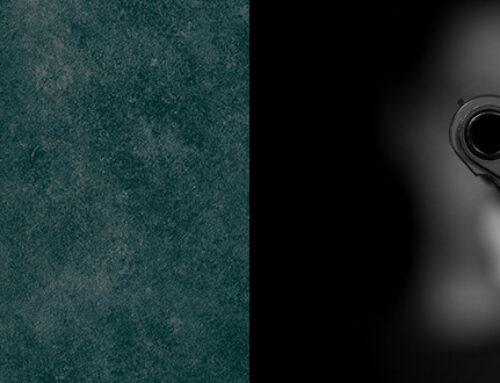They say ignorance is bliss. There’s an element of that sentiment in how I felt before versus after watching David Ritchie’s symposium titled “Dispelling the Myths of Indulgent Nationalism.” Of course, I’d studied the Holocaust and Communism at school and understood nationalism (to a degree) from those perspectives, but I was unaware of elements of nationalism in artwork, tradition, and contexts that I’d never been concerned about before.
Consider two of the examples that Ritchie gives in his symposium:
- The Apotheosis of Washington, the painting that fills the dome of the US Capitol Building where George Washington is depicted in a distinctly Messiah-like light, enthroned and sitting on a faint rainbow.
- John McNaughton’s painting, You are not Forgotten, where Donald Trump seems to be blessing the occasion where a family is planting a seedling, while he’s standing with one foot crushing the head of a snake. Trump has also referred to himself as the “Chosen One.”
You see, the problem with nationalism and these spiritual depictions of people in power is that they blur the lines, then distort them and cross them. As Christians, Jesus is our Lord and Savior; nothing and no one should ever take his place. We are called to respect authority, but we should not assign spiritual attributes to earthly powers, and we should never look for salvation in the State or anywhere else.
A popular worship song iterates this well: “In Christ alone my hope is found; he is my light, my strength, my song.” (Keith Getty & Stuart Townend) As does John 17:3 (NIV): “Now this is eternal life: that they know you, the only true God, and Jesus Christ, whom you have sent.”
To be clear, there is a difference between a nation, nationalism, and patriotism. As Benedict Anderson put it, a nation is “an imagine community,” whether that be based on landmass, culture, or ancestry. Borrowing from C.S. Lewis, Ritchie describes patriotism as “the rightly ordered love” for one’s nation. But nationalism is when that love becomes disordered and twisted, giving way to a form of idolatry where allegiance to the cause is supreme (think World War II and the Third Reich).
I found it interesting that Ritchie referred to a book by C.S. Lewis called The Screwtape Letters in which a senior demon (Screwtape) is writing to and training a junior demon (Wormwood) in the art of misleading mankind. The quote Ritchie shared gave me pause since it demonstrates how we need to beware of the slippery slope of allowing politics to influence our faith:
Let him begin by treating the Patriotism or the Pacifism as a part of his religion. Then let him, under the influence of partisan spirit, come to regard it as the most important part. Then quietly and gradually nurse him on to the stage at which the religion becomes merely part of the “cause”, in which Christianity is valued chiefly because of the excellent arguments it can produce in favour of the British war-effort or of Pacifism … Once you have made the World an end, and faith a means, you have almost won your man, and it makes very little difference what kind of worldly end he is pursuing. Provided that meetings, pamphlets, policies, movements, causes, and crusades, matter more to him than prayers and sacraments and charity, he is ours—and the more “religious” (on those terms) the more securely ours. (Lewis, 1942, p. 32, emphases added)
The above discussion forms only part of Ritchie’s symposium. He shares the top five myths about nationalism—and arguments that dispel them—and encourages us to keep our eyes open and our thoughts on Jesus:
- Myth 1 Nationalism is patriotism.
- Ritchie’s Argument A nation, nationalism, and patriotism are distinct concepts—see
definitions above.
- Myth 2 Nationalism is merely a political ideology.
- Ritchie’s Argument No, there is inherent spirituality and idolatry in nationalism.
- Myth 3 Nationalism is a minimal threat.
- Ritchie’s Argument It is still dangerous because of what it is able to justify.
- Myth 4 Christian nationalism is (merely) Christian political theory.
- Ritchie’s Argument No, nationalism mutilates doctrine and tries to attribute spiritual
power to political people or entities.
- Myth 5 Nationalism is compatible with Christianity.
- Ritchie’s Argument Nationalism is a false gospel; it stirs devotion to something/someone
other than Jesus Christ.
I found the symposium thought-provoking and challenging. It was a reminder to make sure I’m placing my hope in our one true God, our Savior Jesus, and the only kingdom that won’t be shaken.
- To watch Ritchie’s full symposium, follow this link.
- Contact SATS to find out more about studying God’s word or if you have queries on this topic.
- To find out more about Lewis’s The Screwtape Letters, visit the author’s website.
Short Bio: Carrie Milton is a veterinarian and language practitioner. After completing her Bachelor of Veterinary Science and working with a variety of animals for a number of years, she reawakened her love for the written word. Accredited by the Professional Editors’ Guild, she has tried her hand at everything from theses to fiction.




